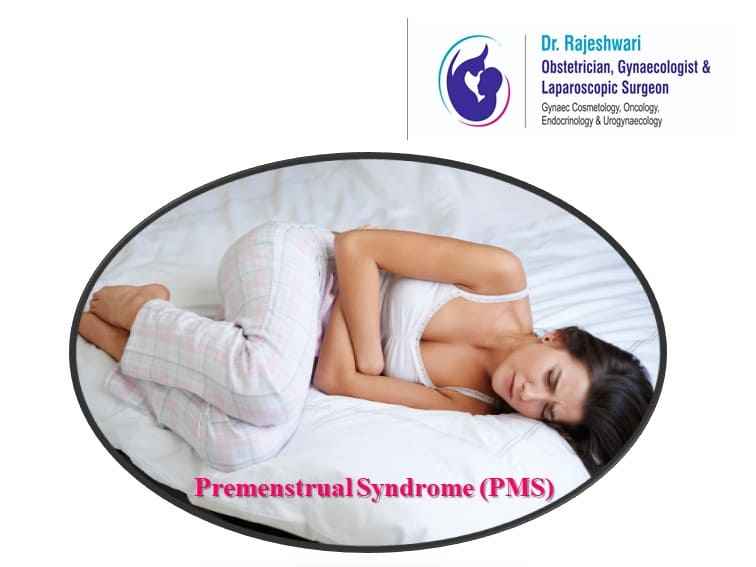You might have experienced some form of PMS premenstrual syndrome because it is a common issue in women that begins a few days before menstruation. In more than 90% of women bloating, mood fluctuations and headaches are common a week or two before their periods. These symptoms may become so severe for some that they miss work and other activities. Especially, young girls and women in their 30s are most likely to have PMS.
What is PMS?
Some women experience physical, emotional and behavioural changes one or two weeks before their periods. These changes can affect them on many levels by causing some disturbing symptoms. As soon as the period starts, the symptoms vanish. This condition is known as PMS.
The signs and symptoms associated with this condition can vary from woman to woman. In some women the symptoms are bearable, but in others they are unbearable. Let us try to understand how you feel and what sort of physical and emotional changes take place in you? What sort of lifestyle measures should you take to deal with them effectively? We will also see what types of treatments and lifestyle adjustments can help overcome this issue.
What are the signs and symptoms of PMS?
Behavioural signs
- Weakness and tiredness
- Lack of focus
- Mood fluctuations
- Forgetfulness
Emotional Signs
- Develop a tendency to avoid people
- Prefers to stay alone
- Sleep disturbances
- Mood swings and irritability or anger
- Appetite changes and food cravings
- Crying
- Depression
- Feeling tense or anxious
- Angry bursts
- Feeling out of control or overwhelmed
Physical Symptoms
- Constipation or diarrhoea
- Bloating and stomach upset
- Pain in the lower abdomen
- Weight gain
- Acne flare-ups (Pimples)
- Joint pain
- Muscles cramps or pain
- Headaches
- Hunger bursts
- Tender breasts
In a very small percentage of women, PMS is associated with some disabling symptoms every month. This type of PMS is known as premenstrual dysphoric disorder (PMDD). The symptoms mostly involve emotional and behavioural changes with body aches.
What causes PMS?
The exact cause of PMS is unknown. Hormonal changes, fluctuations in brain chemicals – such as serotonin leading to undiagnosed depression could be some of the factors that may contribute to PMS.
What To Do?
There are many ways you can try to deal with PMS. Try some ways to relax your mind and body and also make changes in your diet and sleep.
Try the following measures
- Ensure enough and sound sleep
- Exercise about 30 minutes per day
- Eat healthy foods – fruits, vegetables and whole grains
- Lower stress levels – yoga and meditation will help
- Avoid packed and canned and processed foods
- Avoid salt, sugars, caffeine and alcohol
- Take over-the-counter pain relief medications
- Take supplements having folic acid, vitamin, vitamin D3, magnesium and vitamin B6
If the above measures don’t seem to work, you could talk to your doctor.
When to see a doctor?
You tried all sorts of lifestyle changes to manage your PMS premenstrual syndrome symptoms, but they haven’t been able to give relief, then it is time to talk to your gynaecologist regarding your problem. Your gynaecologist will thoroughly evaluate your case to ensure that your problem is PMS and not something else. Based on your condition the treatment plan may involve medicines, counselling, therapy.
In addition – based on the symptoms, your lifestyle and associated conditions, I will customize your treatment plan according to your requirements.





